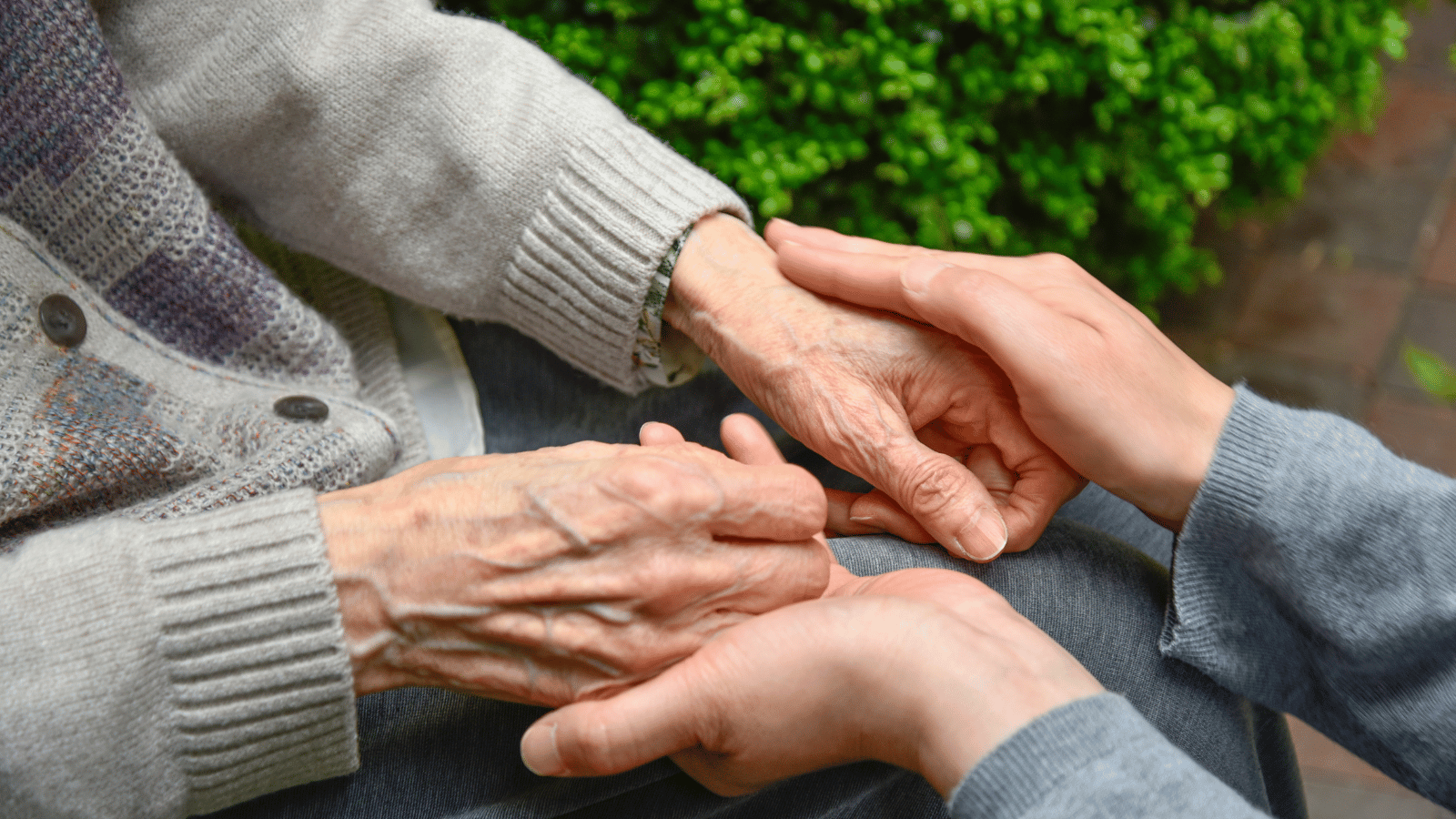It’s a question researchers, including UCRH’s Dr Mohammad Hamiduzzaman, have been exploring and a new review just published outlines some of their answers.
Their study, featured in the International Journal of Environmental Research and Public Health, looked at how family carers are involved in the care of older people with neurodegenerative and mental health conditions. The team reviewed 14 studies from around the world to understand what works, what doesn’t, and what still needs to be figured out.
Here’s what they found:
- When families are actively involved in care, older patients tend to have better health and wellbeing outcomes.
- People feel more satisfied with the care they receive.
- But there’s still a lot of uncertainty about how to make family-integrated care work across different settings. There’s no standard approach, and not enough rigorous evaluation to guide best practice.
This matters because aged care systems everywhere are under pressure, and involving families in meaningful ways could be part of the solution. But it needs to be done well, with clear strategies, proper support, and a framework that works for everyone.


